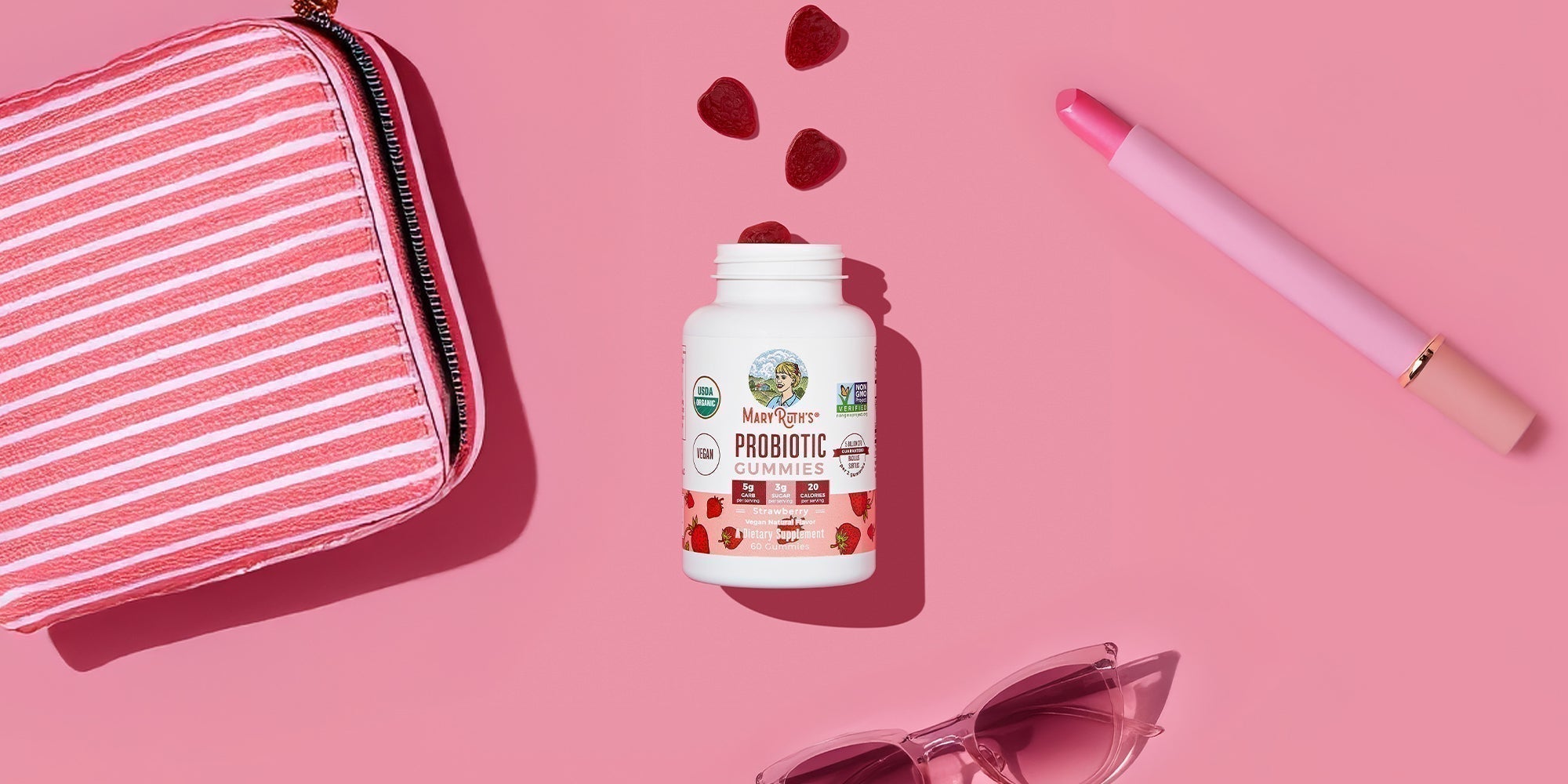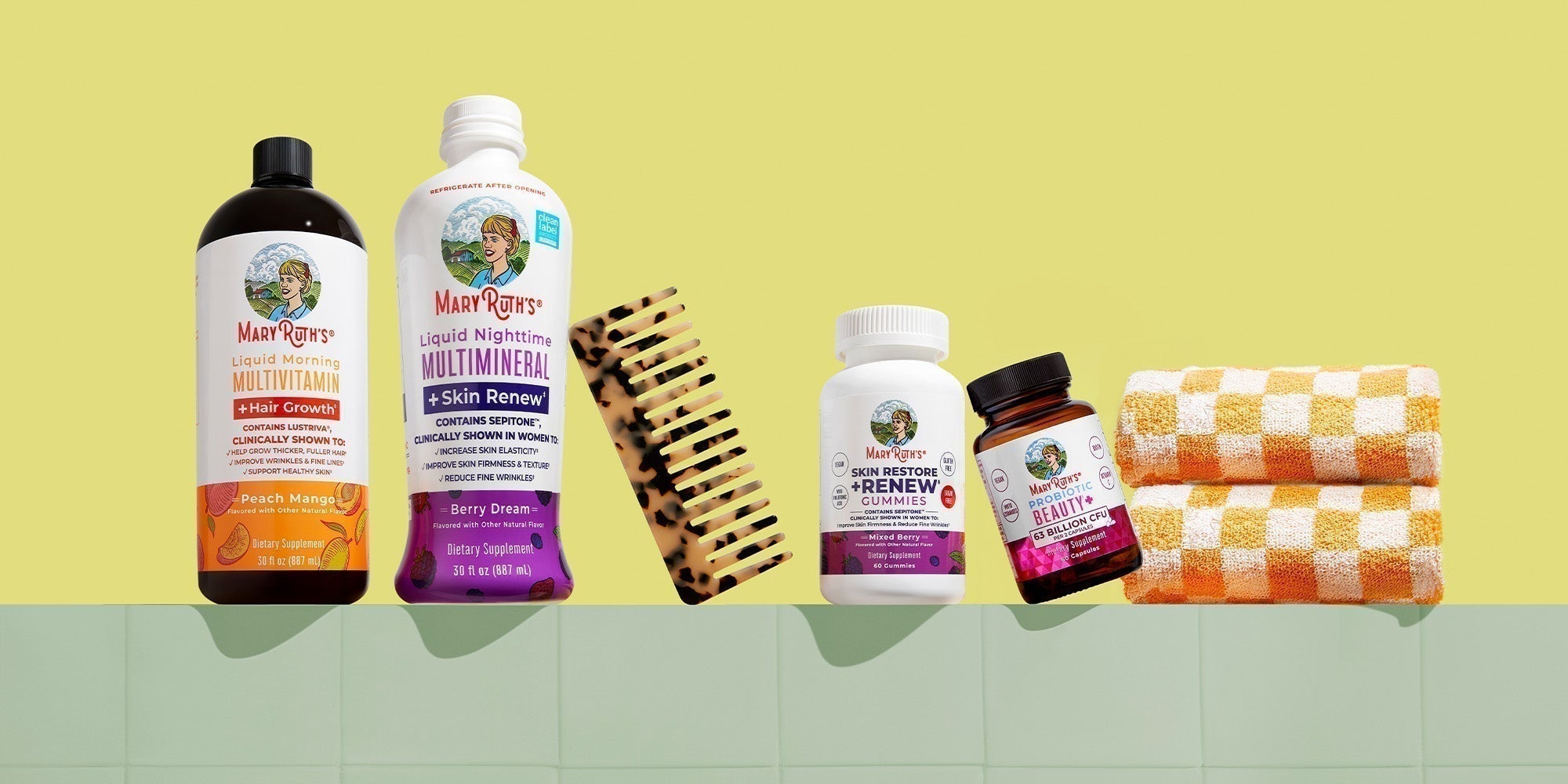What is Iron?
Iron is a mineral, an inorganic substance that is not produced by the human body.
Instead of producing iron yourself, your body absorbs it from what you eat. A wide variety of plant and animal foods contain iron. We’ll get to that a little later.
The majority of the iron in your body is found in your red blood cells and your muscle cells. Your body needs iron to transport oxygen through your blood and to form new blood cells. Iron also plays an important role in supporting your immune system.
When your body’s iron levels are normal, your red blood cell count and the myoglobin in your muscle cells should be at optimal levels. This means your body can properly transport oxygen and release carbon dioxide. Maintaining your iron levels is essential for your overall health.
Dietary Sources of Iron
Iron is found in a wide variety of plant-based foods. If you are eating a vegan diet, getting enough iron from these foods or from supplements is essential.
Below are some great plant-based sources of iron.
- Legumes and lentils
- Cooked mushrooms
- Avocado
- Cooked spinach
- Tofu
- Baked potatoes
It may also be helpful to complement your diet with a vegan iron supplement, as non-heme iron, the kind that’s found in plants, isn’t the best absorbed.
Signs of an Iron Deficiency
If your iron levels are too low, you may start experiencing a number of problematic side effects. The symptoms of an iron deficiency include the following problems.
- Fatigue is one side effect of low iron levels. Iron plays an important role in the transportation of oxygen in your bloodstream, and when your iron levels are too low, the lack of enough oxygen can sap your energy. If you feel exhausted often with no apparent cause, talk to your doctor. After performing tests, your healthcare provider may conclude that your fatigue is caused by an iron deficiency.
- Other symptoms that may be seen are difficulty concentrating, impaired cognitive function, impaired immune function, and poor work performance, and impaired body temperature regulation. If you think you might be deficient or would like to learn more about your iron levels and how you can support them in the future, please speak with your doctor who can guide you in determining your iron status and can help you choose the correct path forward for supplementation if needed.
- Certain groups are more at risk of becoming iron deficient. These include pregnant women, women with a heavy menstrual flow, infants and young children, those who donate blood frequently, and those with cancer. Depending on their situation, those in any of these categories might benefit from increased iron in their diet or iron supplementation.
How Is An Iron Deficiency Treated?
Your doctor can assess your symptoms and determine whether you may be dealing with an iron deficiency. Once your healthcare provider has concluded that your symptoms may be linked to a lack of iron, they may choose to check your serum ferritin concentration and/or hemoglobin concentrations to help determine your iron levels. Based on the results of your test, your doctor may then help you make a plan for the best way to move forward
Depending on the underlying cause of deficiency, your doctor may approach the treatment differently. The addition of an iron supplement may be suggested to help your iron levels get replenished, but these can take time to fully replenish your iron stores. If after following your doctor’s recommendations to replenish your iron, you don’t see improvement when the doctor suggests you should be sure to follow up.
Taking Iron Supplements: What You Need To Know
The daily recommended amount of iron varies based on age and gender.
For example, men and women under the age of 50 are typically recommended to get more iron through their diets and supplements than adults over the age of 50.
In addition, pregnant women are often recommended to up their iron intake to much higher than the normal recommended amount, while lactating women have lower recommended dosages.
By taking factors like age, gender, and stage of life into consideration, you can determine how much iron you need to get each day.
It’s also important to note that surpassing your daily recommended iron intake isn’t always beneficial and not something you should do unless your physician advises you to do so.
Below are some of the side effects of taking too much iron.
- Overdoing your intake of iron can interfere with your body’s ability to absorb zinc. You can avoid interfering with zinc absorption by staying around the daily recommended iron intake for your age and gender.
- Taking too much iron may cause serious gastrointestinal problems in some cases. Nausea, vomiting, and stomach cramps are all symptoms associated with an excessive intake of iron.
- Doses of iron that are higher than 40 mg can be lethal in some cases. If you have accidentally ingested more of your iron supplement than you intended, make sure to get medical help immediately. Please do not hesitate to call “911” or the appropriate number for your area.
- Please note that children are at particular risk of an iron overdose. Please keep all iron supplements out of reach of children.
Interactions
Iron may affect your body’s ability to absorb calcium. However, there’s a simple solution to this potential interaction. To prevent your iron intake from interfering with your calcium intake and vice versa, take calcium supplements and iron supplements separately.
Iron supplements may also interact with some medications. If you take prescription medication, talk to your doctor before adding any new supplement, including iron, into your daily routine.
Just like with any supplement that you add into your daily routine, we recommend that you speak with your doctor regarding your diet, your current medications and/or supplements, and how any new supplements may play into your daily routine. This may include figuring out the proper timing for meals and supplements in order to get the best absorption of nutrients for your body.
If you’re looking for a vegan-friendly iron supplement to add to your diet, MaryRuth’s vegan liquid iron supplement may be the perfect choice for you. Our liquid iron is made with ferrous bisglycinate chelate, a form of iron that is as easy as possible for your body to absorb. Each serving of MaryRuth’s liquid iron contains 18 mg of this important nutrient, which is 100% of the daily recommended value for adults.
Product Recommendation








